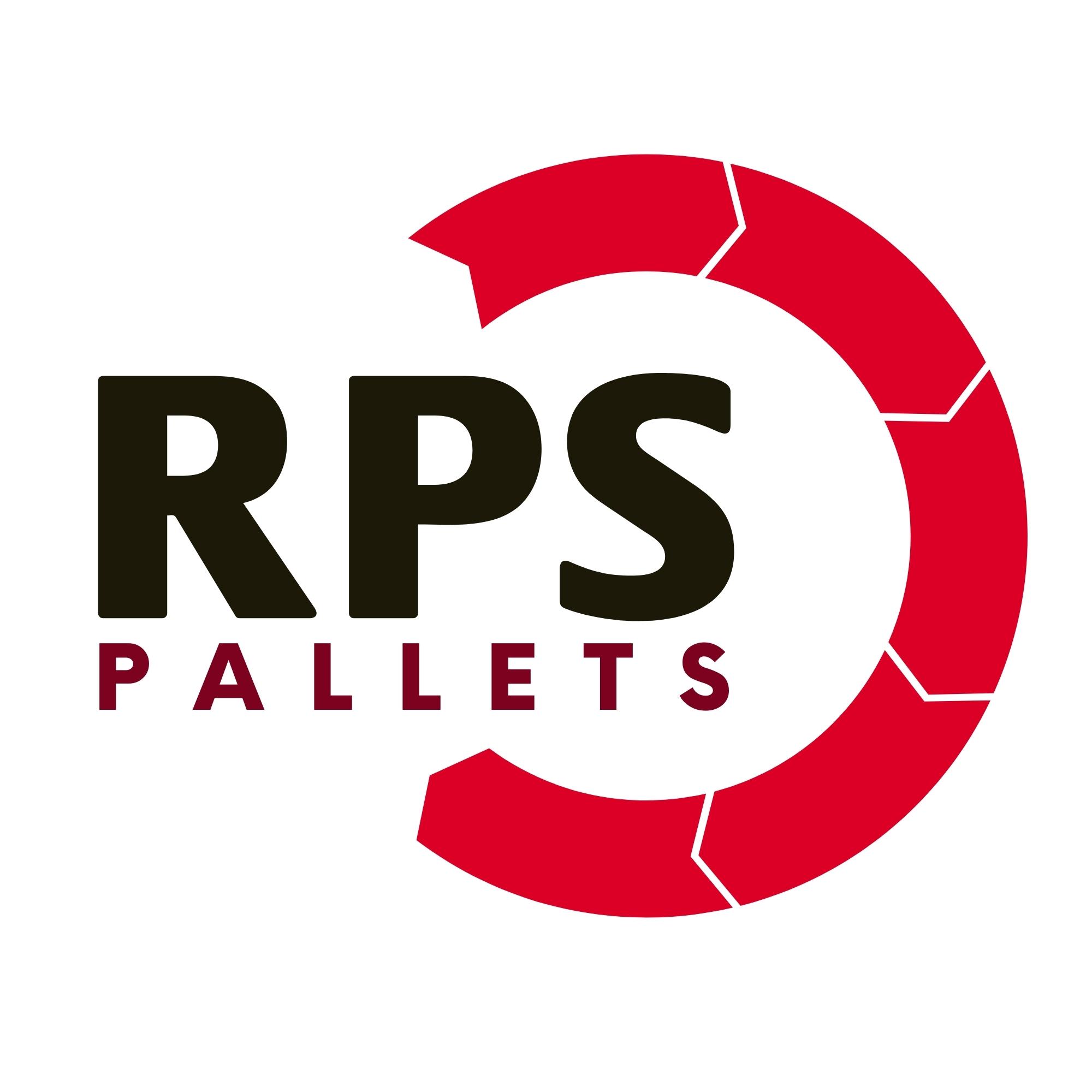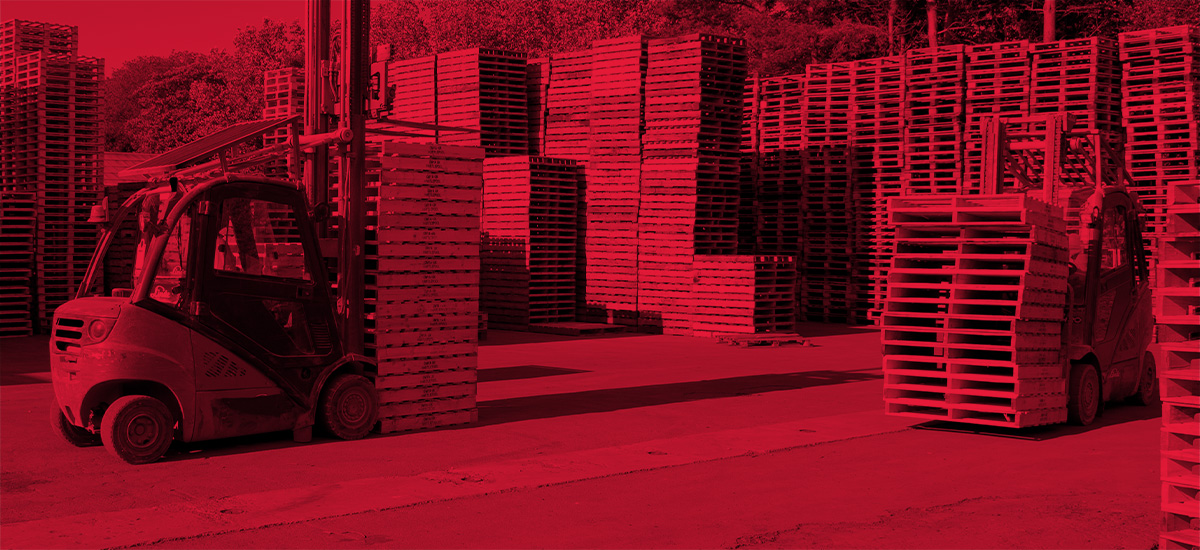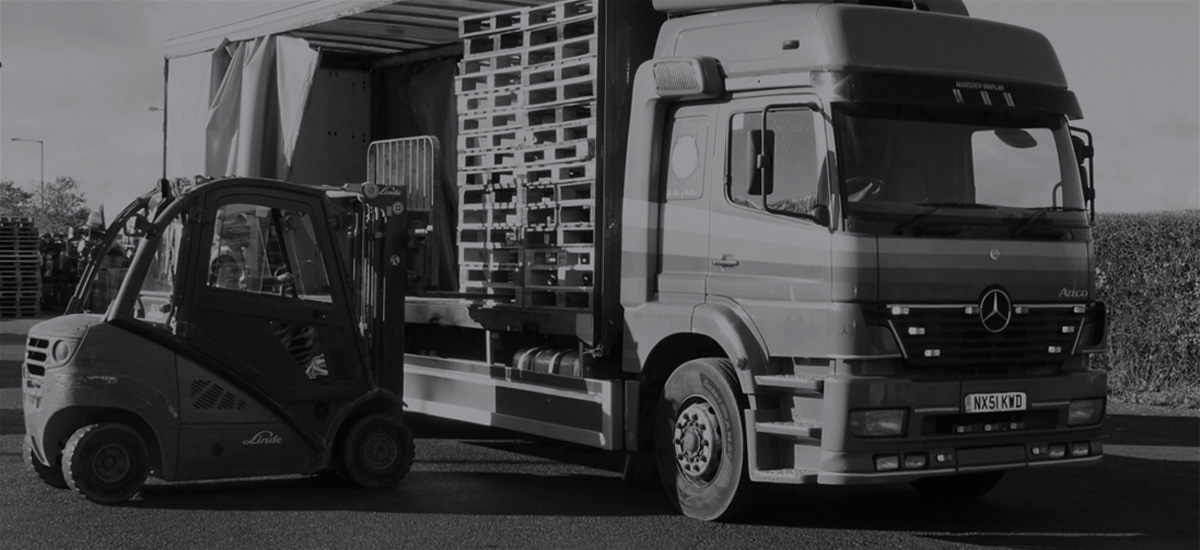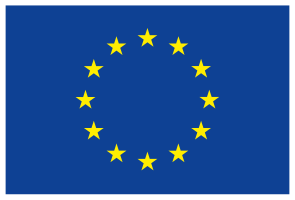With a decision on Brexit rapidly approaching, the Government has recently engaged in talks with distributors after realising that the UK has a significant shortage of the ‘right type’ of pallets required to import and export goods.
At present, pallets moving between EU member states, including the UK, are exempt from ISPM15 (International Standard for Phytosanitary Measures no. 15) standards. However, with the Prime Minister’s proposal being rejected in Parliament on the March 12th, in the event of a no-deal Brexit, an overwhelming majority of wooden pallets will not meet these strict rules. This could impact the transportation of a range of consumer goods from pet food to beer.
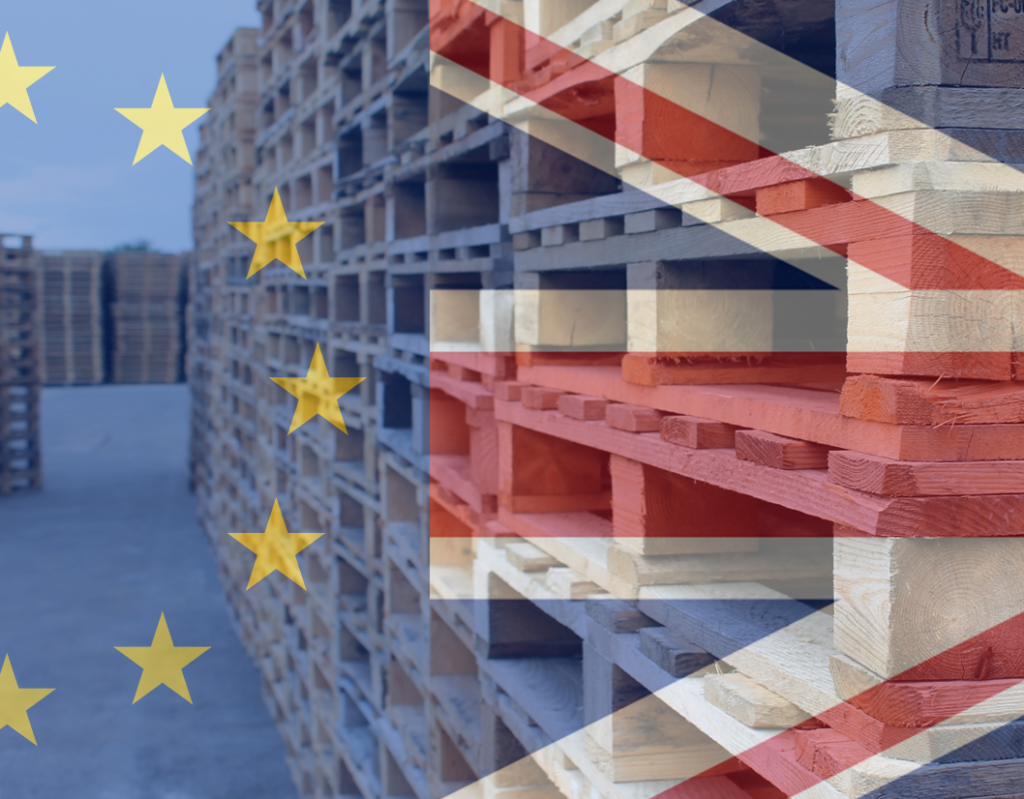
A significant impact on import and export could lead to food shortages; with more than three million pallets currently moving between the EU and the UK each month, shipments that do not comply could be adversely impacted.
Despite a no-deal Brexit being rejected in Parliament on the March 14th, as it is not legally binding the UK could still face no-deal. If this becomes reality, pallets must be treated to meet ISPM15 standards before entering EU countries. The treatment – part of EU regulations – is designed to stop the spread of wood-borne pests, organisms which can be transported in lower-grade softwoods.
In recent talks, The World Trade Organisation (WTO) has agreed that, in the event of a no-deal Brexit, all timber packaging should be treated at source, following the guidelines of ISPM15. With the effect being felt on both imports and exports, an agreement to enable products currently underload to be transported could help the situation rather than restricting non-treated pallets immediately after March 29th. The chaos that could be caused would greatly impact both EU countries and the UK.
ISPM15 states that wood packaging material may only be imported into the Great Britain from Third Countries if they meet the following requirements:
- Heat treatment that achieves a temperature of 56 degrees Celsius, for a minimum duration of 30 continuous minutes.
- For wood exceeding certain dimensions, the material must be heated to achieve a minimum temperature of 60 degrees Celsius for one continuous minute throughout the entire profile of the wood, including at its surface.
- Fumigated with methyl bromide in accordance with requirements.
- Fumigated with sulfuryl fluoride in accordance with requirements.
To find out more about the impact of a no-deal Brexit on the import and export of wood packaging material, visit gov.uk.
To find out more about the range of pallet services RPS can offer your business, get in touch by calling 01642 465556 or tweet us @RPS_Limited.
